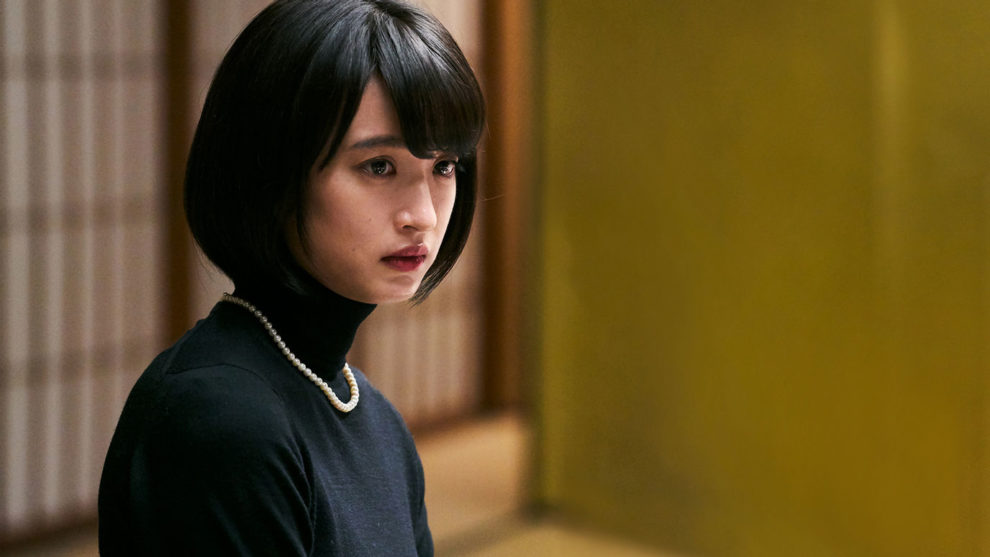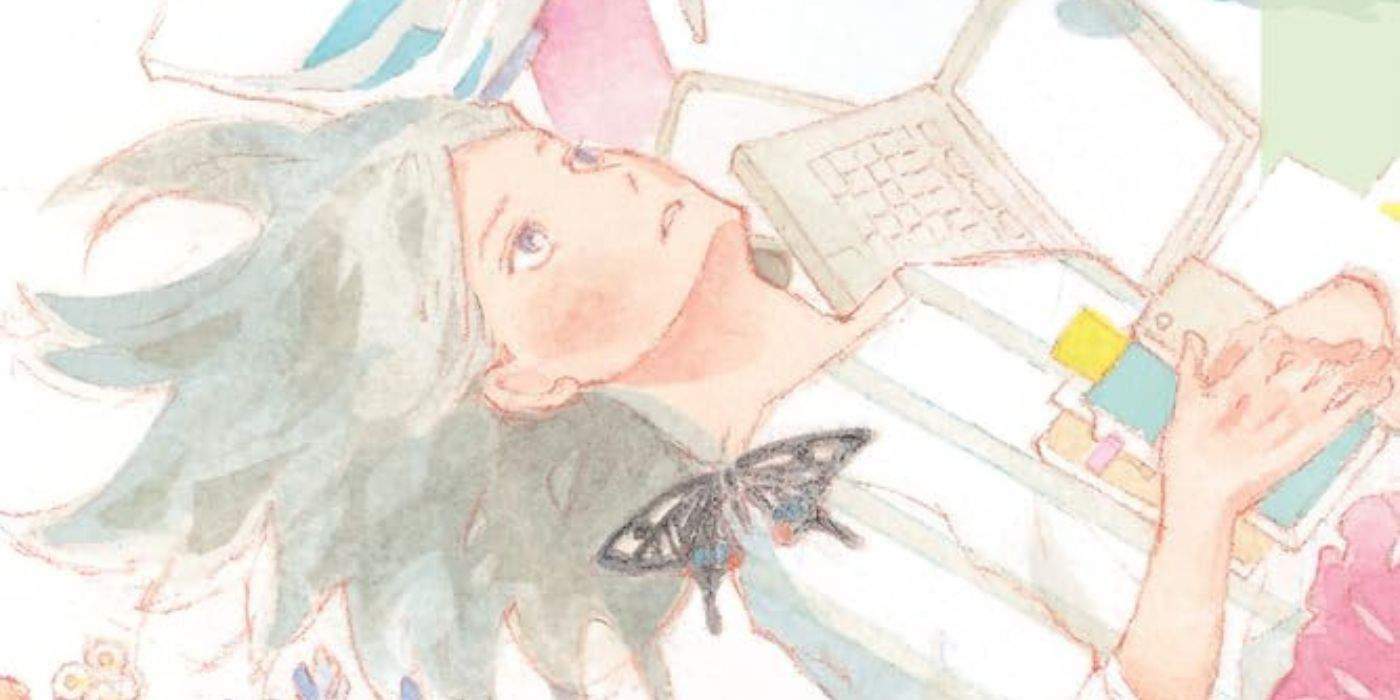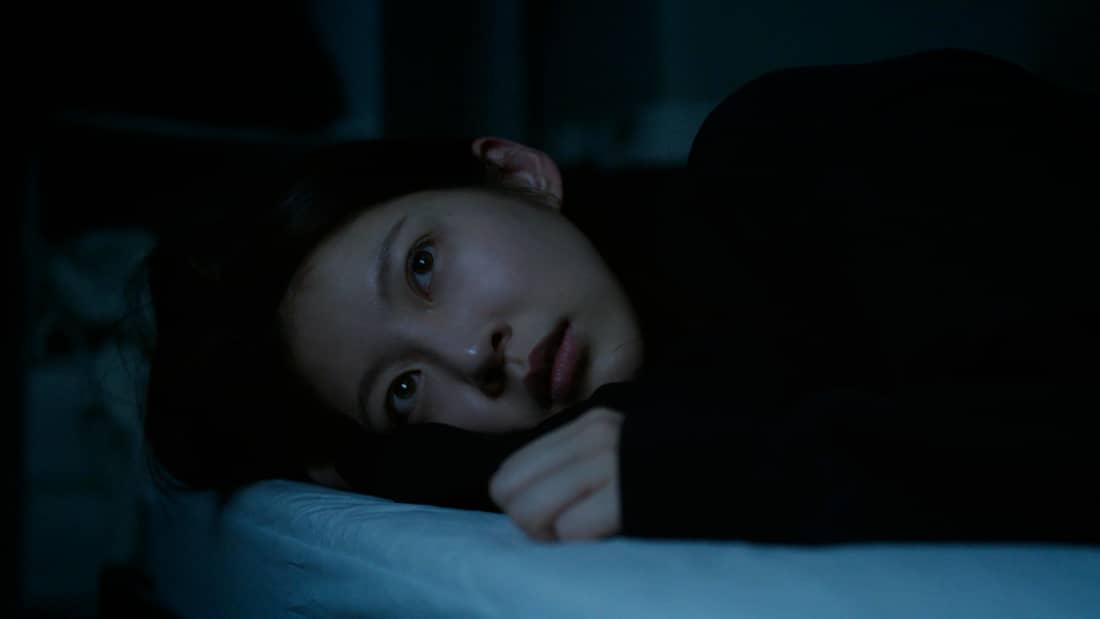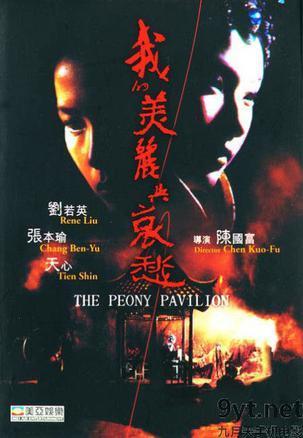One of the key thoughts behind the architecture of cities is to give its citizens much needed space to meet and make it possible for each of them to reach every district. While the theory is perhaps taken into account when it comes to city planning, the reality is quite a different one, because urban geography and architecture actually divides people, and often confirms concepts such as social strata. This is not so much the fault of the planning itself, but is more the result of certain prejudices or mindsets within society, ideas that people should stick to members of their own class and should not mingle with others. In her feature “Aristocrats” Yukiko Sode explores themes such as class and gender, as well as the way the layout of cities like Tokyo makes it possible for a certain class to stay within itself.
Aristocrats is screening at Nippon Connection

After the break-up with her fiancé, the family of Hanako (Mugi Kadowaki) aims to find a new, more suitable partner for their daughter, fearing she will become too old to marry. Even though she understands the thought process of her parents, the young girl is less than enthusiastic about the idea, with her two sisters taking turns in trying to convince her to give it her best shot on the one hand, while her older sister, a very successful doctor, telling to wait and make up her own mind about marriage first. However, after a chain of unsatisfactory dates and attempts of her parents to arrange a meeting with a suitable single man, Hanako meets Koichiro Aoki (Kengo Kora) and, after a few more dates, the two fall in love, even though the Aokis are among the most powerful and influential families in Tokyo, and thus in a much higher social class than Hanako's family.
At the same time, we follow the story of Miki (Kiko Mizuhara), who comes from the country in order to live and study in the Japanese capital. In the first weeks she gets to know the other students and the various cliques, for example, the “in-crowd”, consisting mainly of members of the higher classes or the aristocrats. While struggling to compete with the wealth of her new peers, she meets Koichiro, and also falls in love with him, until she knows about his engagement to Hanako.
Based on a best-selling novel by writer Mariko Yamauchi, Yukiko Sode's script blends the concept of romance with a rather interesting comment on class within Japanese society, which in essence could be applied to many other cultures too. Both Miki and Hanako encounter the invisible restriction and sets of rules within their lives quite often, perhaps even more so in Miki's case, since her upbringing in the country has made her unaware of the social realities in the capital. As she is invited to tea with one of her fellow students, she is shocked as she realizes how much money the four of them are about to spend on a few refreshments. At the same time, although her family is quite well-off, Hanako quickly realizes her status is far below compared to the line of politicians that her future husband comes from, making the relationship less about love and more about careful negotiation, reminiscent of the ways former aristocrats would arrange marriages based on influence and an extension of their power, with their sons and daughters have very little control over the matter.
Throughout the story, which, similar to the source material, is divided into various chapters, Sode makes many comments on the idea of class in the environment these two women are in, pointing at possibilities of how one might become par of the “in-crowd” or find a more independent approach. One of the most noteworthy aspects of “Aristocrats” is how it does not present a clearly defined “villain”, but rather focuses on the characters being manipulated by forces more powerful than them, and which have been present longer than them too. Tokyo is “compartmentalized” is one of the many comments which perfectly sums up the core theme, but also the conflict of both women being confronted with loss of control, over their behavior, over their thoughts and even their own bodies.
Apart from the dialogues and the performances, this distinction through class, or compartmentalization, is also present in the visual approach of “Aristocrats”, Both classes, for example, in Miki's home or the various gatherings Hanako is invited to, are shown in a way stressing their strict codes and rules, a distinct contrast to the modernity of the environment at times as these “traditions” seem more at home in ancient European houses of noble families. At the same time, as Sode explains in her recent interview with AMP, these realities are still part of today's Tokyo, making true independence and defining yourself somewhat difficult, especially when you come from a certain social class.
In the end, “Aristocrats” is a rather interesting, often though-provoking story about romance and class. Through the stories of her two protagonists director Yukiko Sode explores the invisible borders within society and how they define people.
















